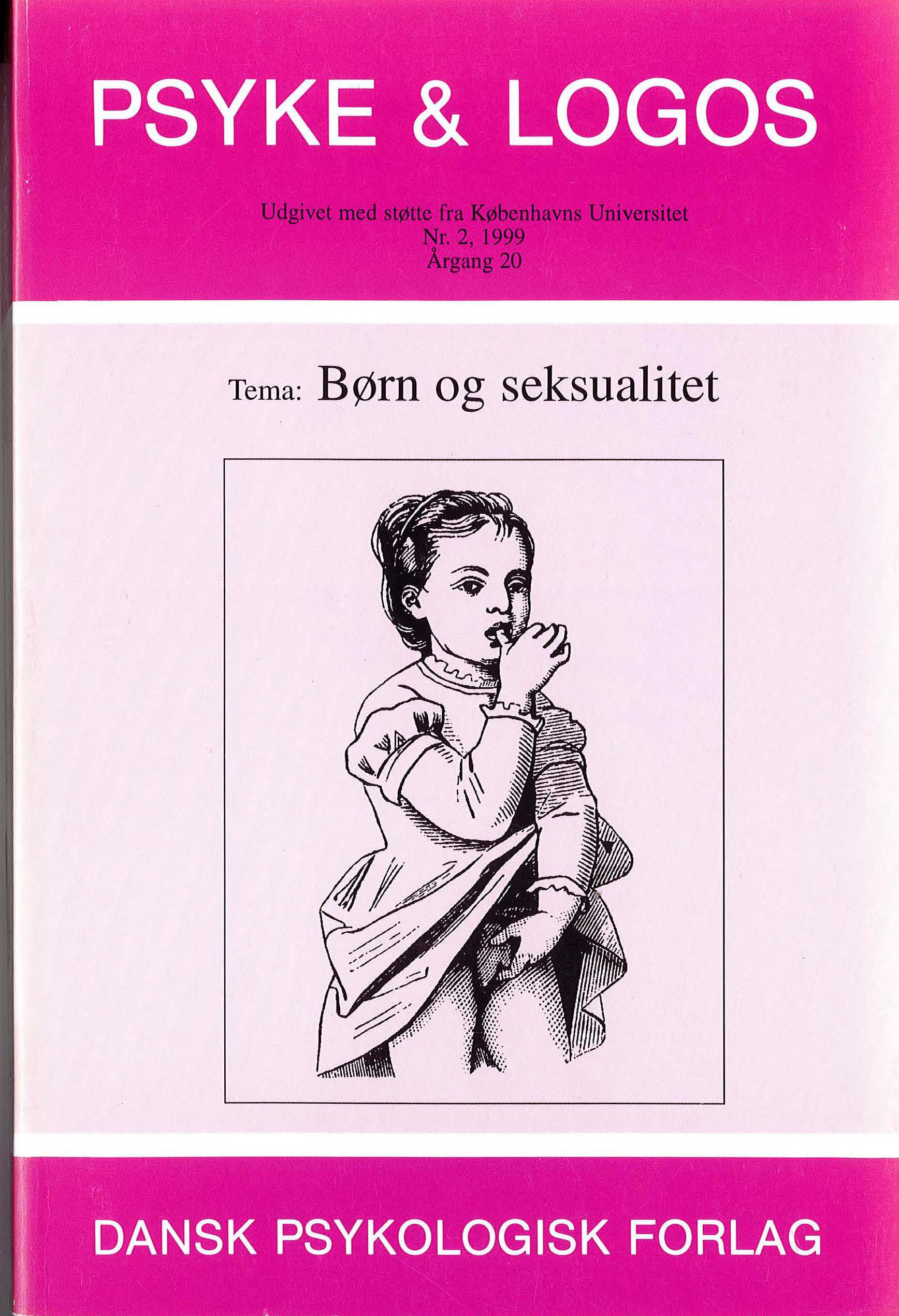SEKSUELLE OVERGREB MOD BØRN: PSYKISKE SKADEVIRKNINGER OG PSYKOLOGISK BEHANDLING
DOI:
https://doi.org/10.7146/pl.v20i2.133598Abstract
Empirical studies show that sexually abused children have more symptoms than non-abused children. Fears, posttraumatic stress, behaviour problems and sexualized behaviours occur most frequently, but no one specific syndrome or symptom characterizes the majority of sexually abused children. Approximately one third of victims have no symptoms. Several factors seem to mediate the development of psychopathology following child sexual abuse: Penetration, the duration and frequency of the abuse, coercion, the relationship of the perpetrator to the victim and parental support all affect the degree of symptomatology. Therapy seems to facilitate recovery, but it is not established whether the therapeutic gains are due to the effects of therapy or due to spontaneous recovery processes. Most of the therapeutic interventions recommended for sexually abused children are trauma-focused and include some degree
of direct discussion of the abuse experience.
Downloads
Published
How to Cite
Issue
Section
License
Ophavsret er tidsskriftets og forfatternes. Det er gældende praksis, at artikler publiceret i Psyke & Logos, som efterfølgende oversættes til andet sprog, af forfatteren frit kan publiceres i internationale tidsskrifter, dog således at det ved reference fremgår, at den oversatte artikel har et forlæg i en dansksproget version i Psyke & Logos. Artikler kan frit deles og linkes til på forsknings- og undervisningsnetværk (så som Blackboard). Link foretrækkes, fordi det giver oplysning om brug af tidsskriftets artikler.




